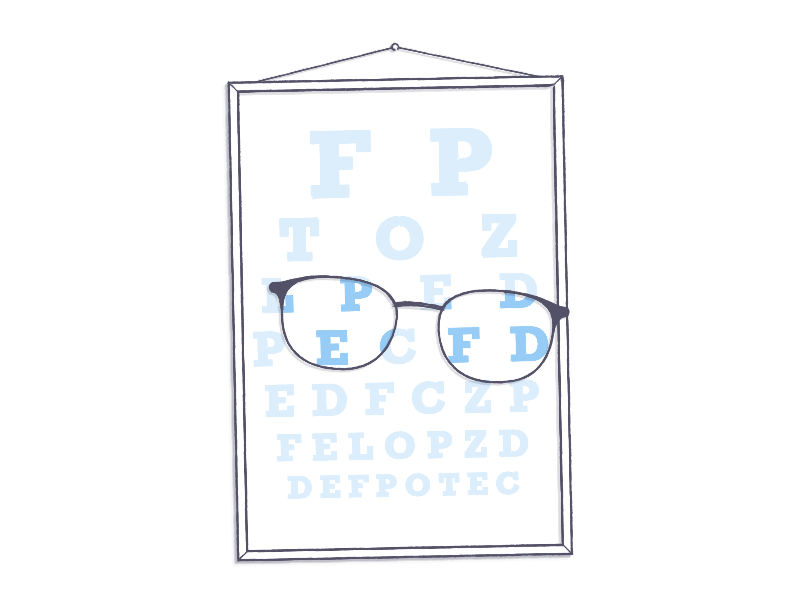How can you take part?

Sign Up
It only takes a minute to sign up, and you can take part in the study whether you have Parkinson’s or not.

Health Questions
The first part of the study consists of some questions about your health to help us analyse your results.

Vision Tests
Once we know a bit about you and your health there are a series of simple vision tests.

Spread The Word
The more people who take part, the more effective our research can be.
 Dr Rimona Weil
Dr Rimona Weil Professor Huw Morris
Professor Huw Morris